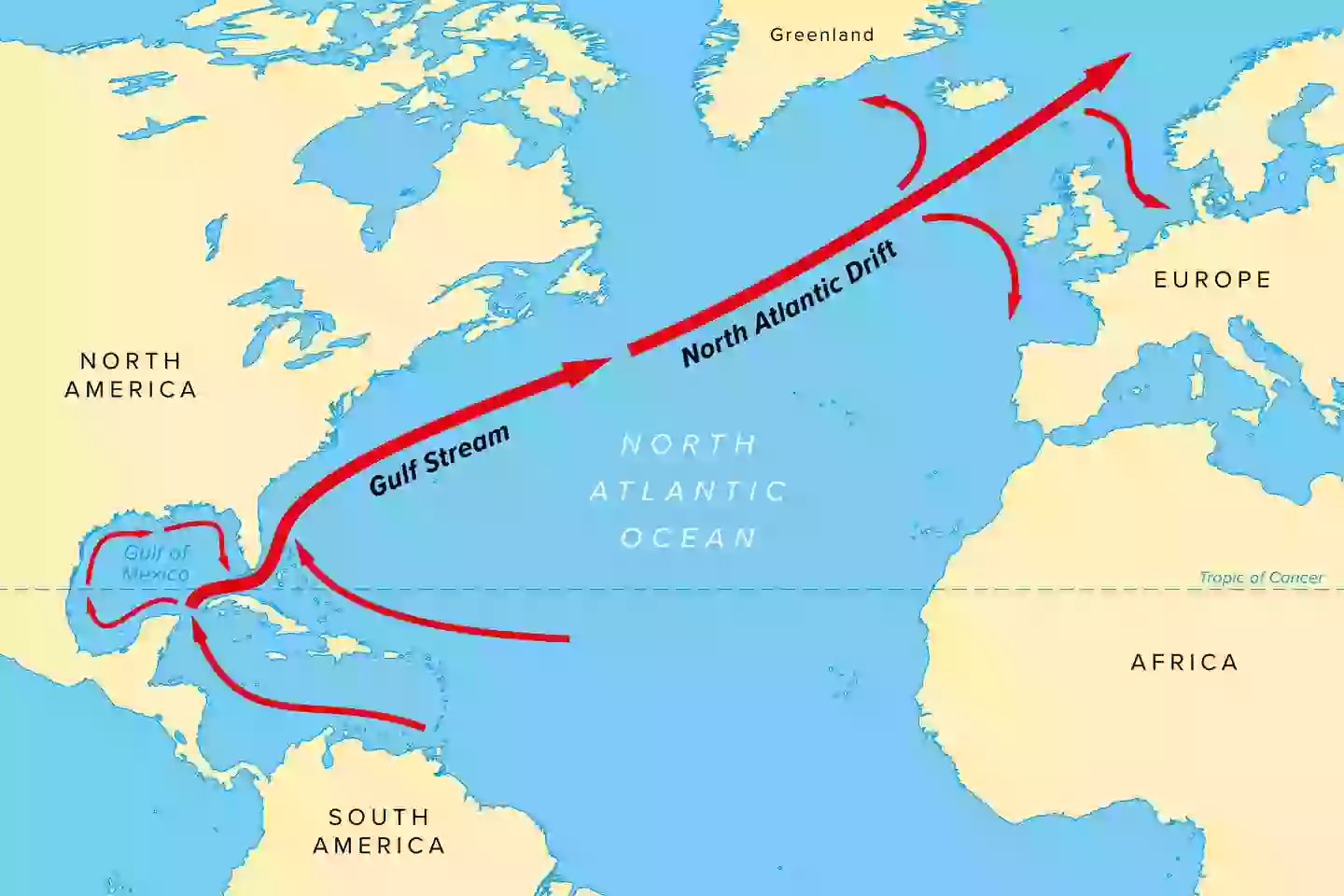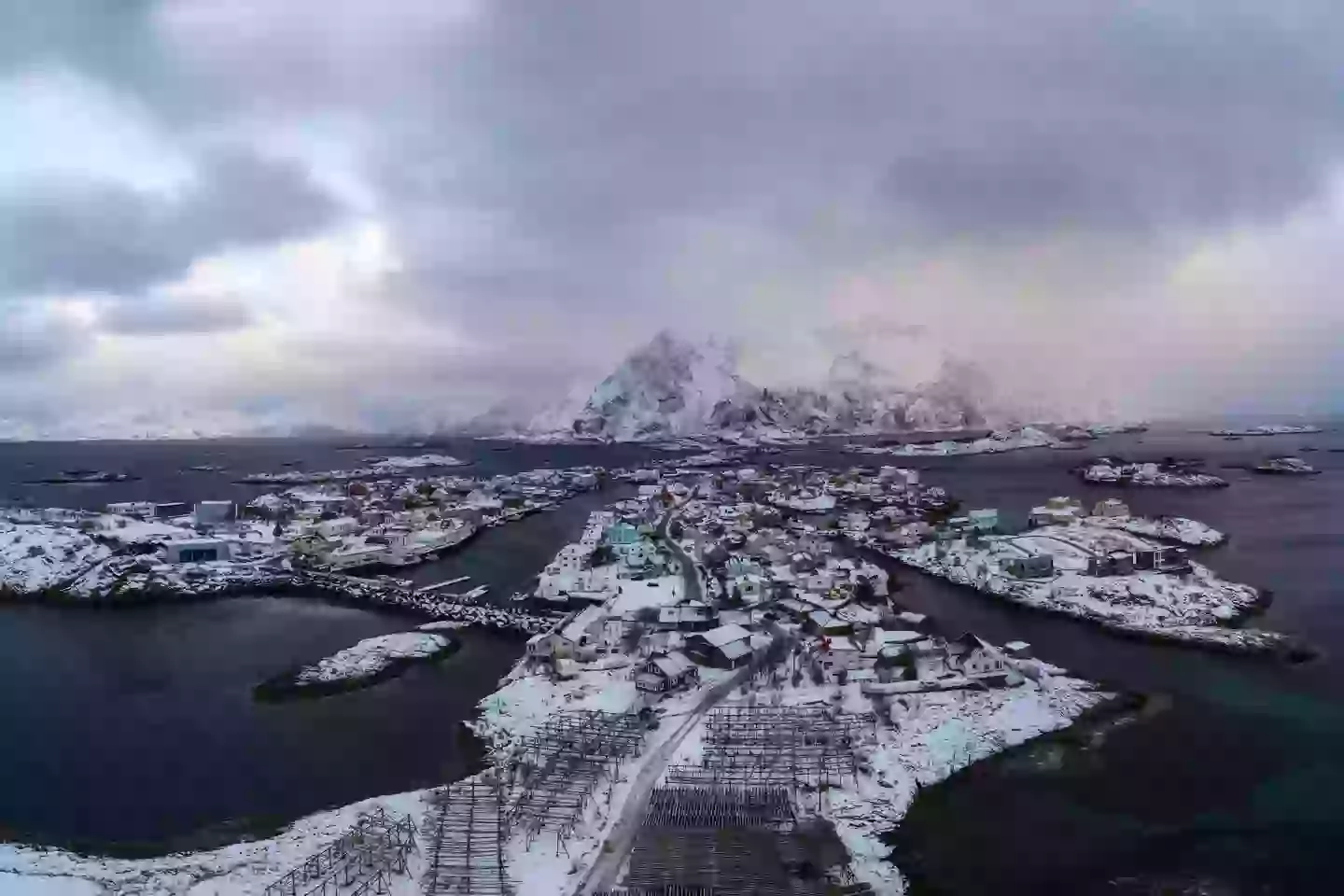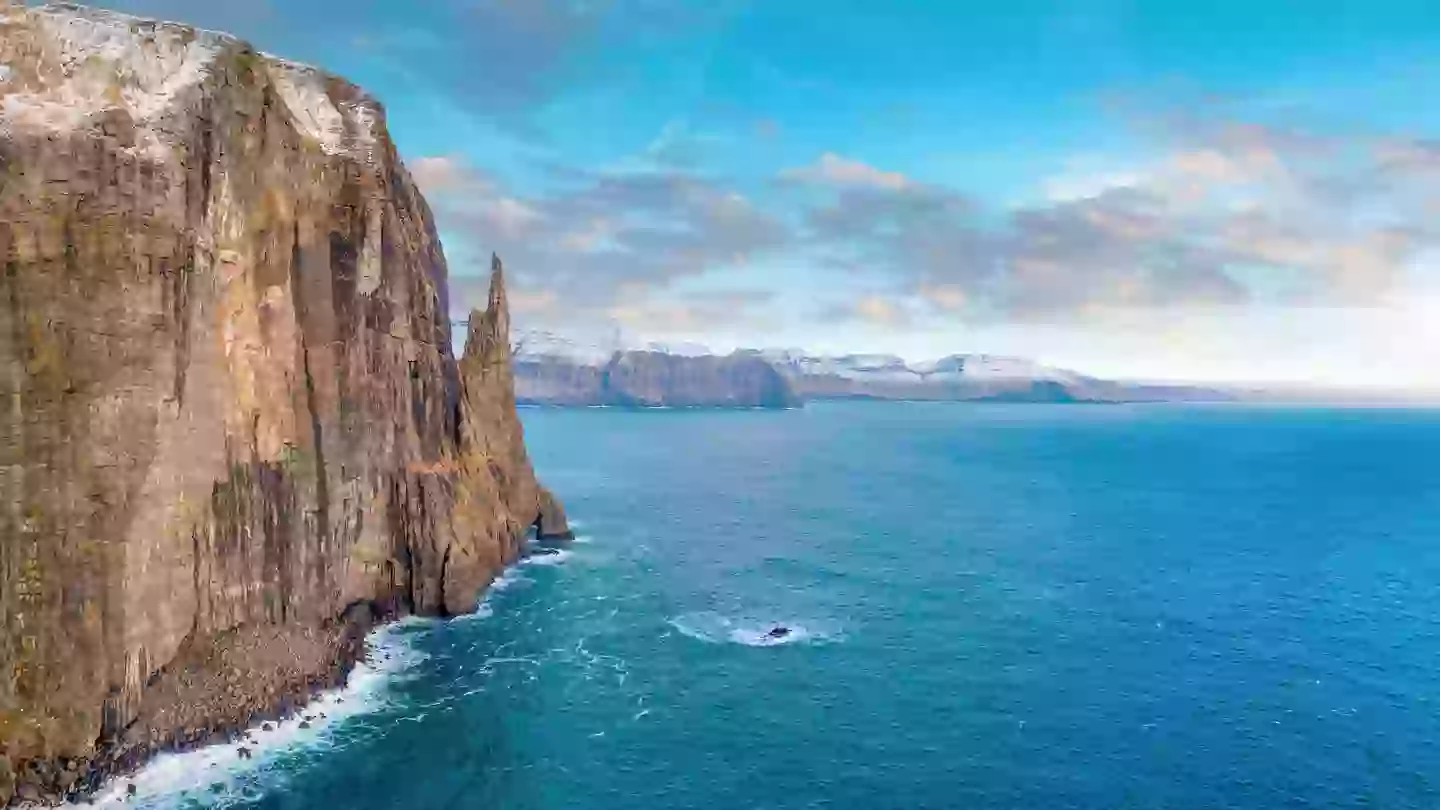Is the Gulf Stream About to Shatter Our Climate Forever? Scientists Reveal Shocking Warning
Imagine Earth’s massive ocean conveyor belt suddenly grinding to a halt — sounds like a plot twist in a sci-fi flick, right? Well, scientists are now ringing alarm bells that the Gulf Stream, which’s been losing steam for a whole century, might actually collapse. That’s no small hiccup; without this oceanic engine, we’re staring down the barrel of rising seas, climate chaos, and a temperature rollercoaster that could make parts of the globe downright unlivable. So, what on Earth is the Gulf Stream, why’s it sputtering, and what does this meltdown mean for places like the UK — or basically, all of us? Buckle up, because the story gets as wild as a winter storm on steroids. LEARN MORE.
Scientists have warned that the Gulf Stream could collapse altogether, having weakened significantly over the past 100 years.
Without it, you’ve got the possibility of rising sea levels, climate change, and unliveable temperatures.
What is the Gulf Stream?
The Gulf Stream is often described as the world’s ‘conveyor belt’ as it transports warm, salty water to the north and releases heat to western Europe, across the Atlantic, and circulates back south.
It’s part of a much wider system of currents, referred to as the Atlantic Meridional Overturning Circulation (AMOC).
If the Gulf Stream collapses, however, you’ve potentially got all sorts of problems.
Why is the Gulf Stream collapsing?
The Gulf Stream has been weakening for 100 years (Getty Stock Images)

The Gulf Stream has been weakening for 100 years (Getty Stock Images)
Researchers from the University of California, Riverside, have concluded that the AMOC ‘has been weakening for more than a century’.
Because greenhouse gases continue to rise, ‘that trend is likely to continue’, according to Professor Wei Liu, an author of the study.
For a while, it was thought that because global warming is melting Greenland’s ice sheet, it had been flooding the North Atlantic with freshwater.
This diluted the salty water, essentially slowing down and wearing the AMOC to the possible point of collapse.
But this new study has found a ‘very robust correlation’ to climate change thanks to computer model simulations.
“People have been asking why this cold spot exists; we found the most likely answer is a weakening AMOC,” Liu added.
“The overall impact on ecosystems and weather patterns, both in the Arctic and globally, could still be severe.”
What do scientists think will happen to the UK if the Gulf Stream collapses?

The Gulf Stream could collapse sooner than expected (Getty Stock Images)
When it comes to the UK, ‘in simple terms, [it would be] fundamentally less habitable than it is at the moment’, Tim Lenton, a professor of climate change at the University of Exeter, told the FT.
More specifically, Professor David Thornalley, a climate scientist at University College London, told the Daily Mail that Britain should ‘expect that there would be more winter storms caused by stronger westerly winds’.
“Unfortunately people would die due to stronger winter storms and flooding, and many old and young would be vulnerable to the very cold winter temperatures,” he added.
Temperatures could drop by 10C, and our climate would be similar to that of Scandinavia.
What does a Gulf Stream collapse mean for the rest of the world?

We could lose the soft climate we’ve taken for granted (Getty Stock Images)
When it comes to everyone else, Thornalley insists that ‘many millions would be affected and suffer from drought, famine and flooding, in countries that are already struggling to deal with these issues’.
Compared to the impact it would have on the UK, he explained: “There would be huge numbers of climate refugees, geopolitical tensions would rise.”
Worryingly, one study said it could collapse anywhere between 2025 and 2095.
And a full collapse of the AMOC would be a ‘massive, planetary-scale disaster’, Stefan Rahmstorf, a climate scientist at Germany’s Potsdam Institute, said to the FT.
“It is quite difficult to know exactly what the impacts will be, but my feeling is that they will be quite devastating.”

















